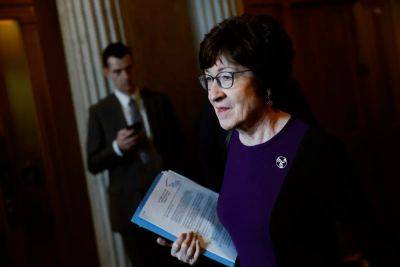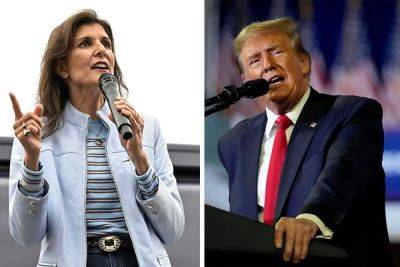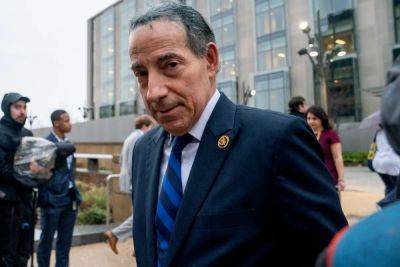Generations after its heyday, isolationism is alive and kicking up controversy
Not so long ago, if you overheard a political conversation about isolationism, you assumed it was about the past.
Popular in the 1920s and 1930s, the idea of America going it alone in the world — politically, economically, militarily — was discredited after the Japanese attack on Pearl Harbor forced the U.S. into World War II in 1941.
Pearl Harbor prompted such leading isolationists as Sen. Arthur Vandenberg, R-Mich., to reverse themselves and become advocates of what he called "international cooperation and collective security for peace." That conversion "took firm form on the afternoon of the Pearl Harbor attack," the senator wrote. "That day ended isolationism for any realist."
That was conventional wisdom for more than 70 years, embraced by Democratic and Republican presidents alike.
But the term and the concept of isolationism are not consigned to the past anymore.
That is why on Friday, Vice President Kamala Harris addressed an international security conference in Munich, Germany, and repeatedly referred to isolationist sentiments as resurgent in the U.S.
"These are questions the American people must also ask ourselves: Whether it is in America's interest to continue to engage with the world or to turn inward," she said.
While she did not name former President Donald Trump in her public remarks, Harris left little doubt as to her ultimate target.
"There are some in the United States who disagree" with the global leadership role the United States has played, she said. "They suggest it is in the best interests of the American people to isolate ourselves from the world" and "embrace dictators and adopt their repressive tactics, and abandon commitments to our allies in favor of unilateral action."
She called that world







